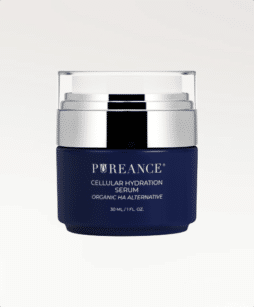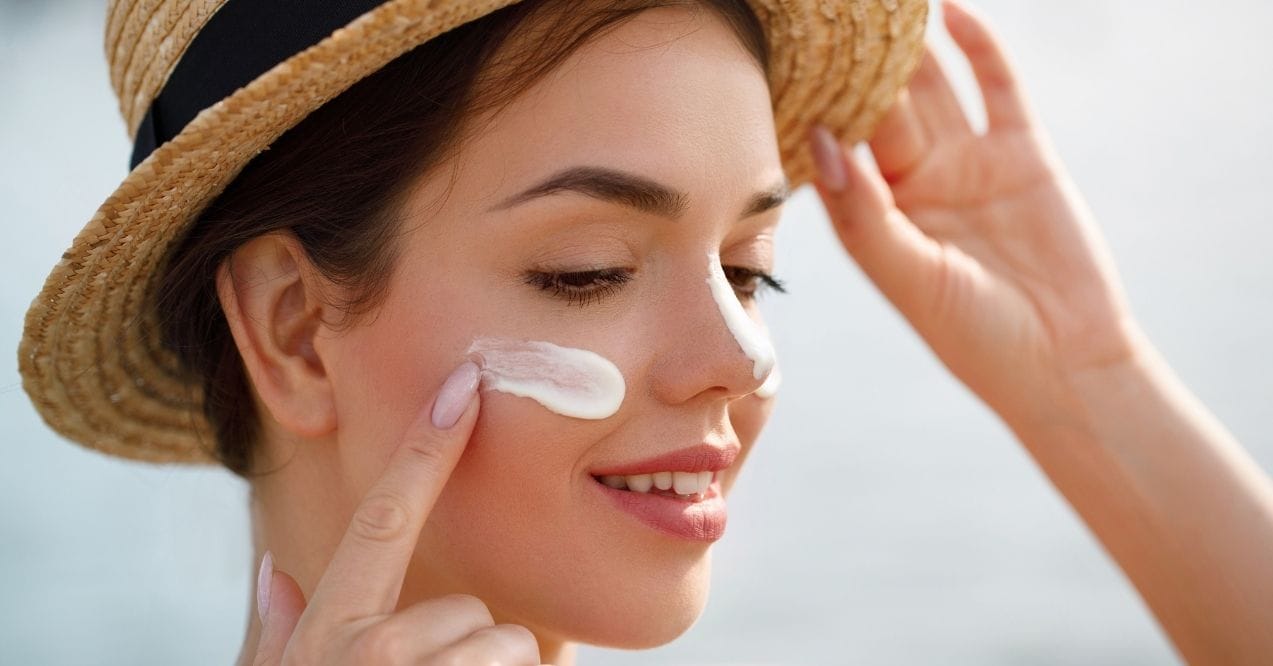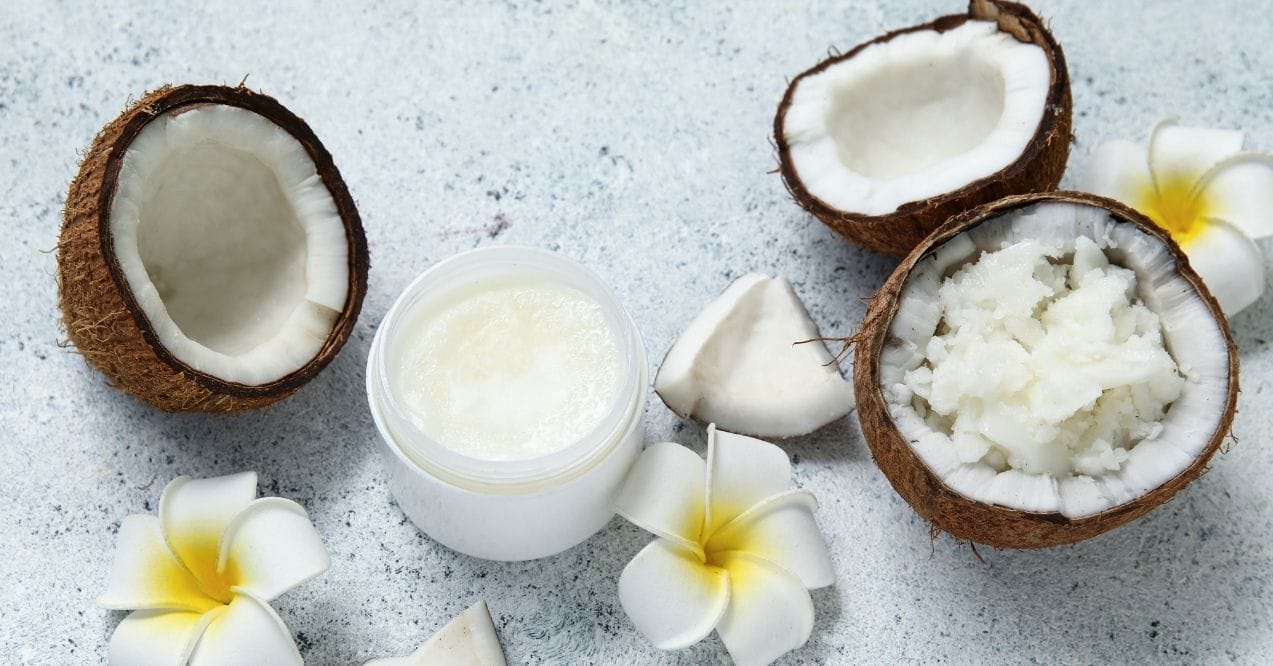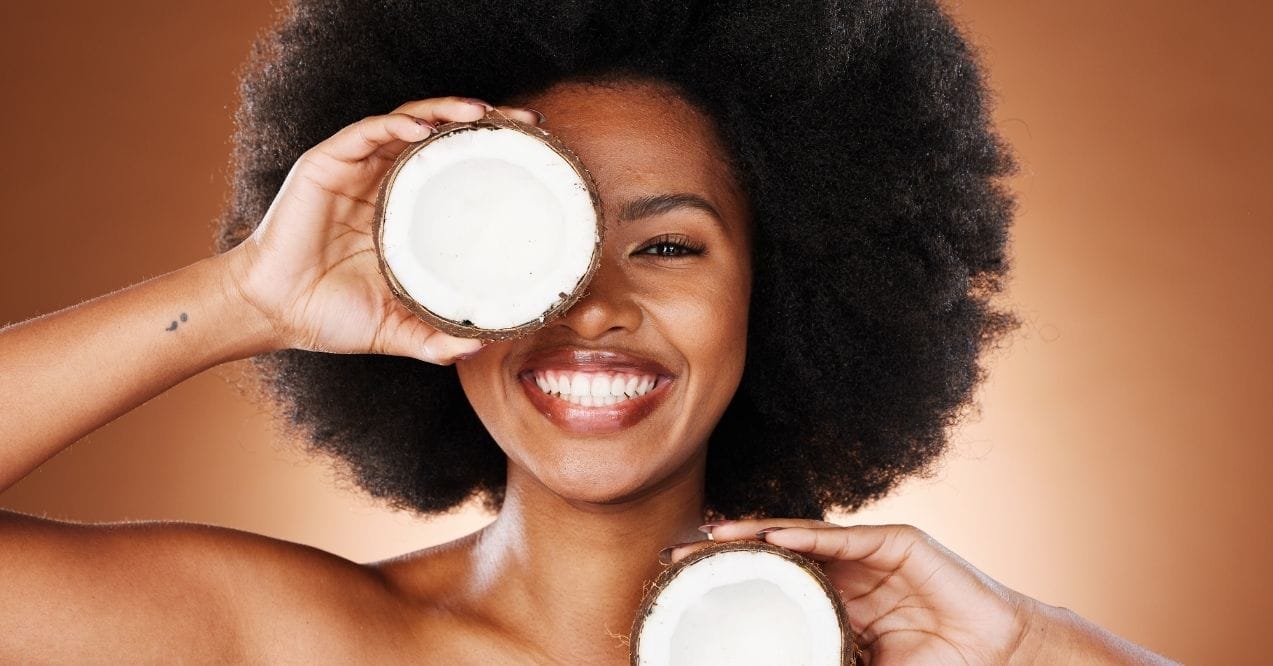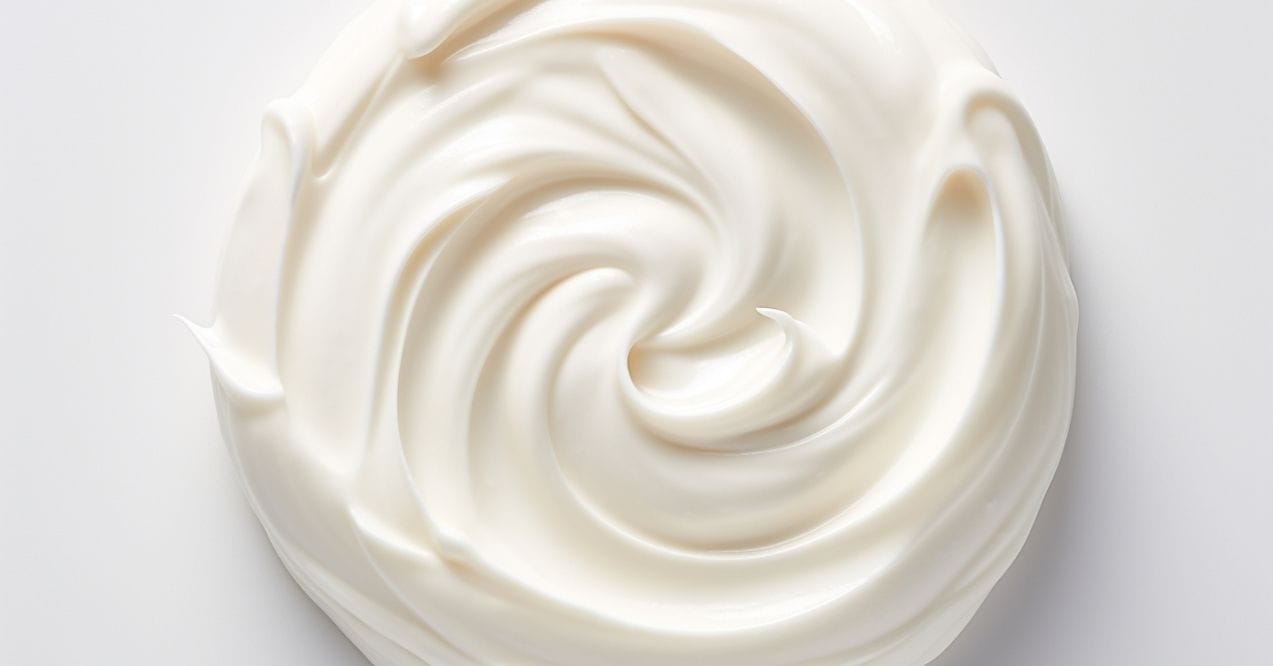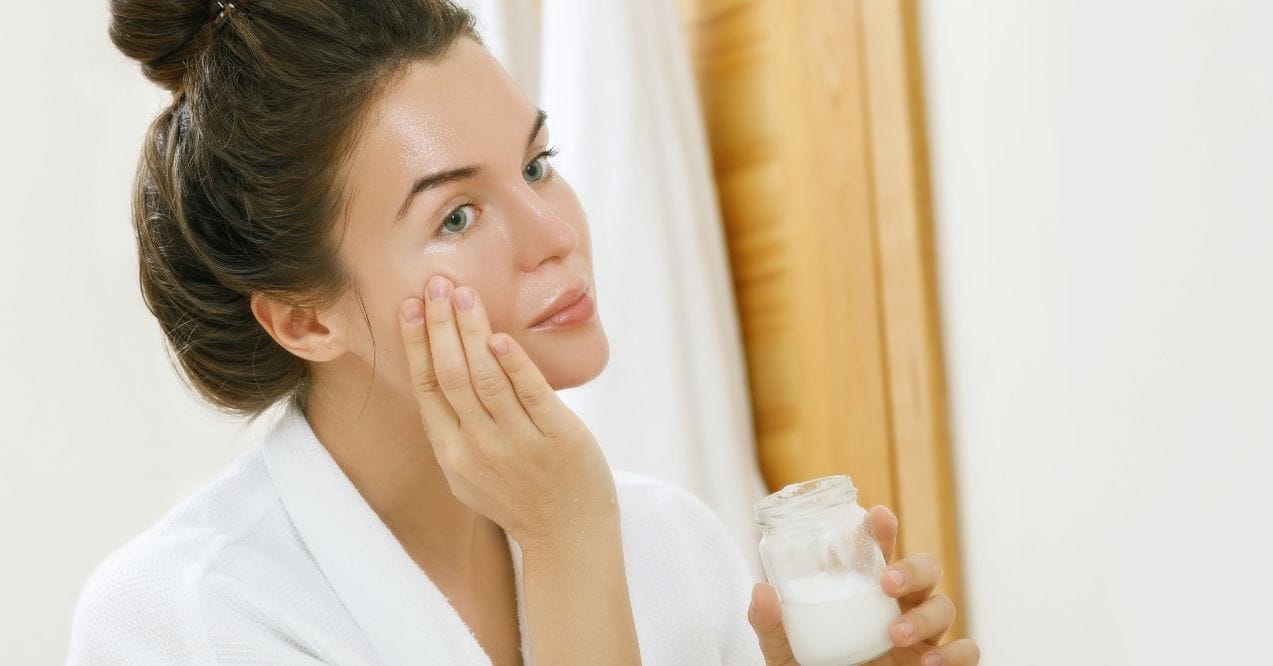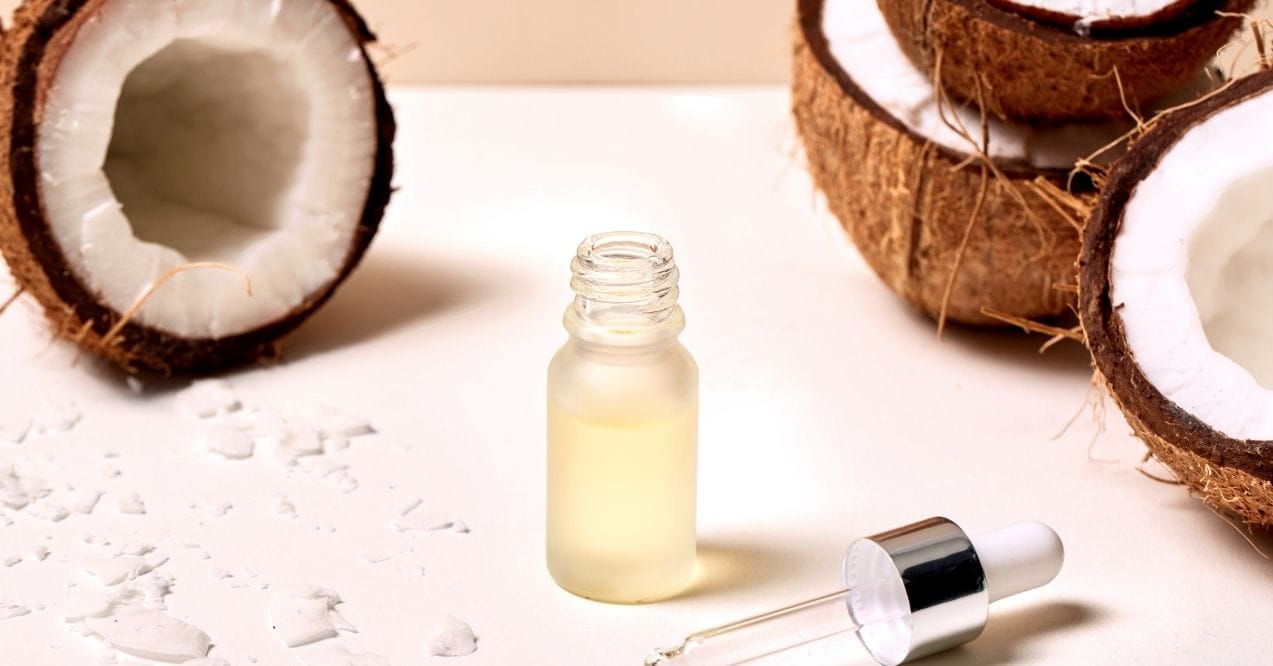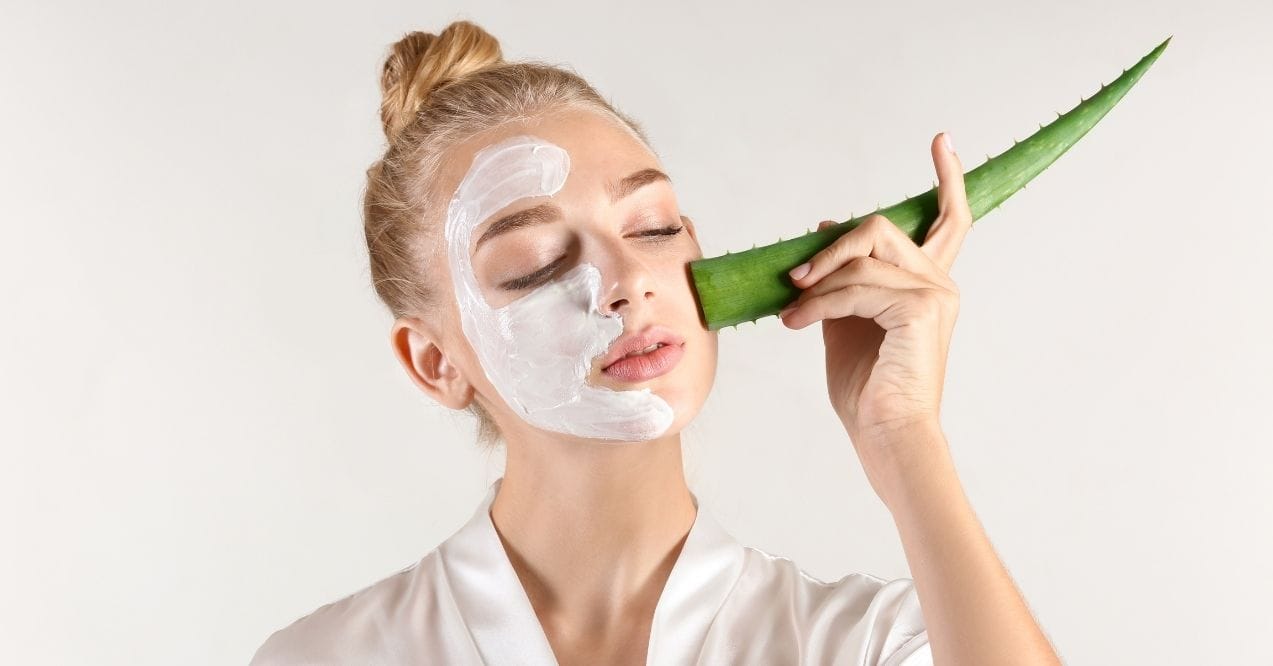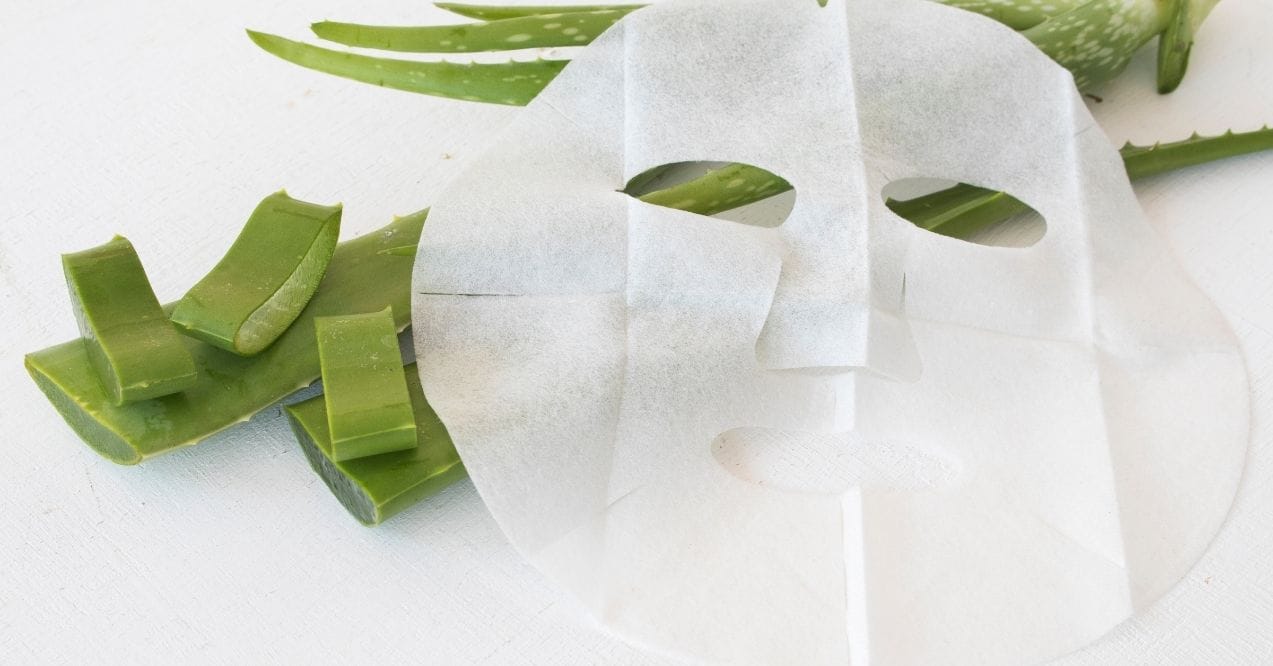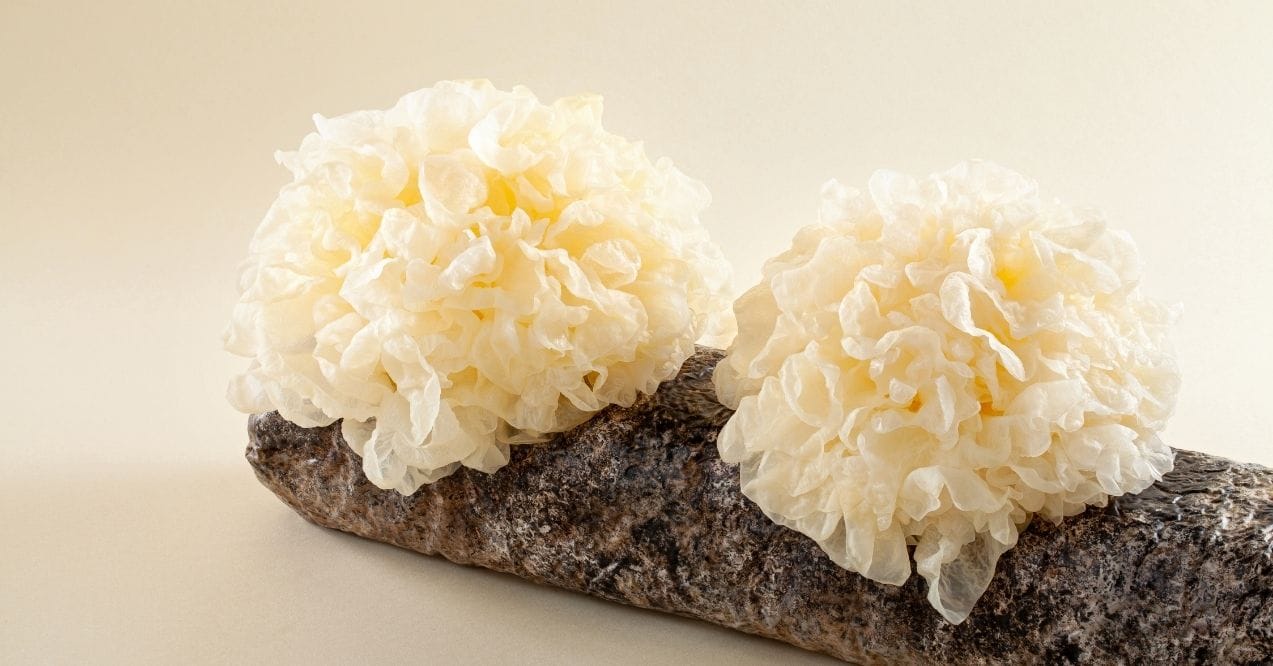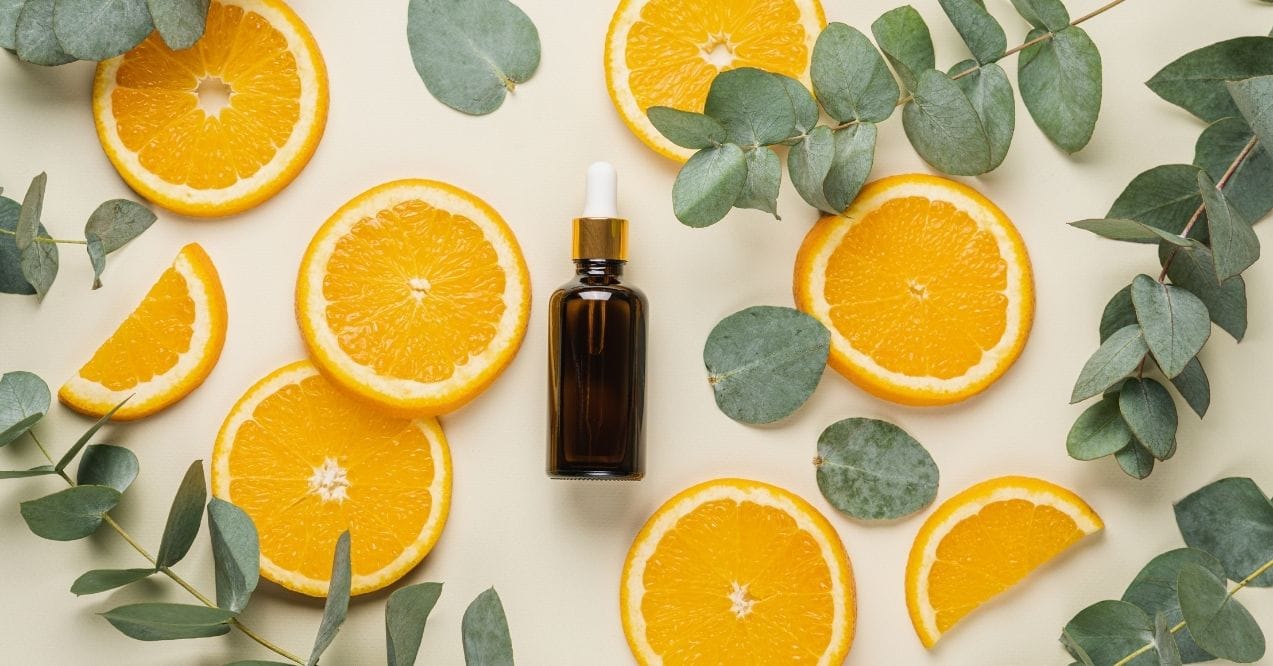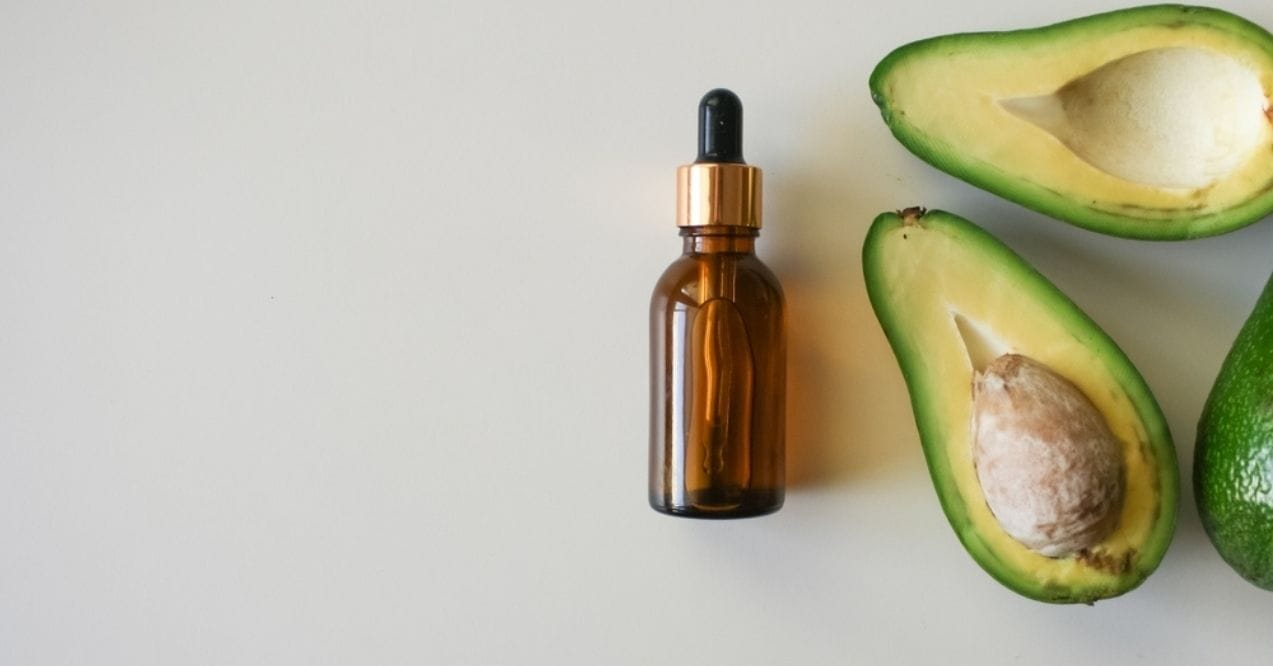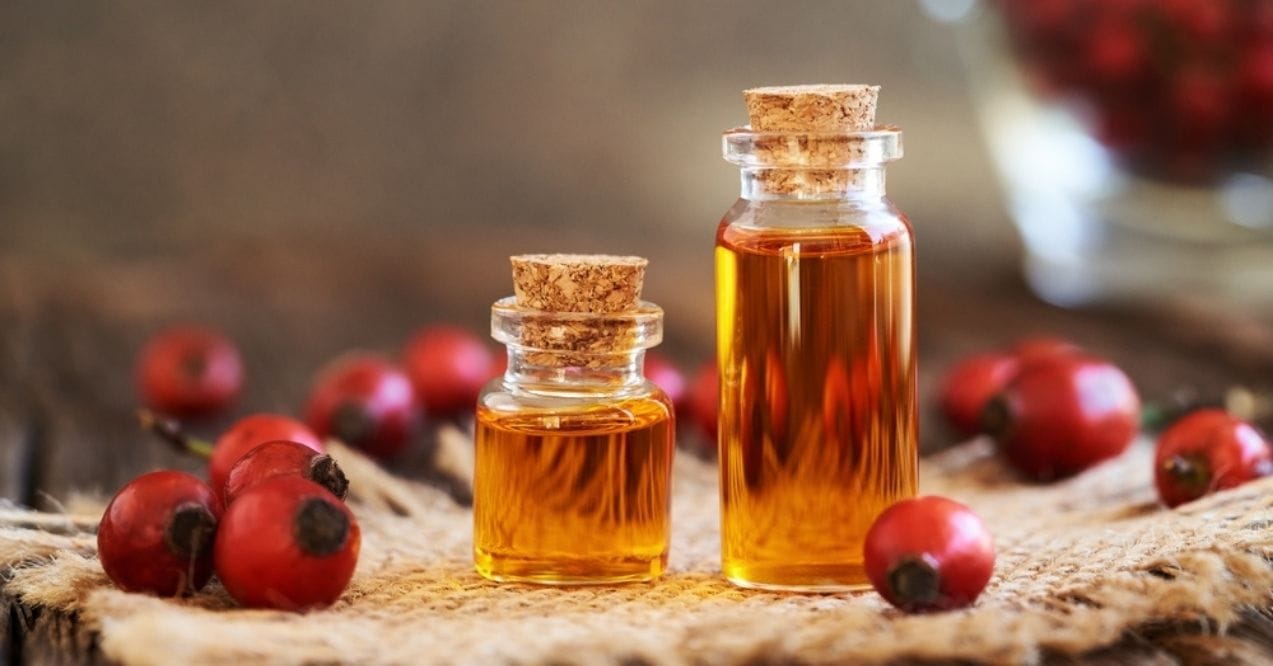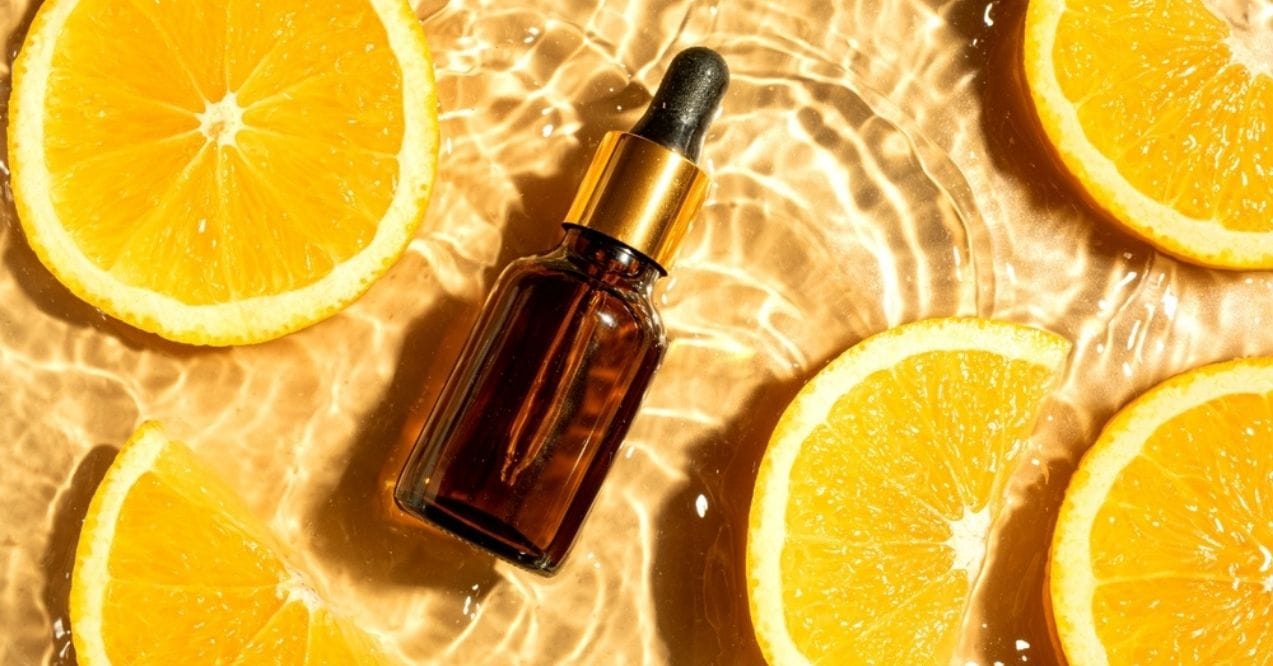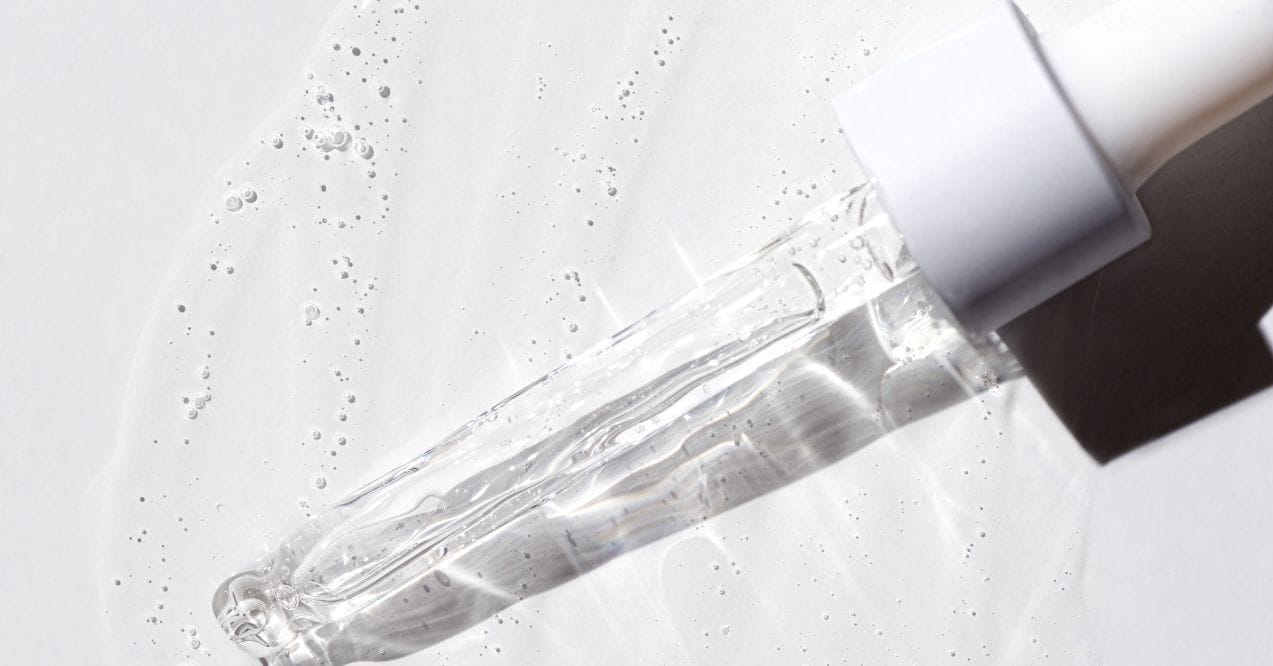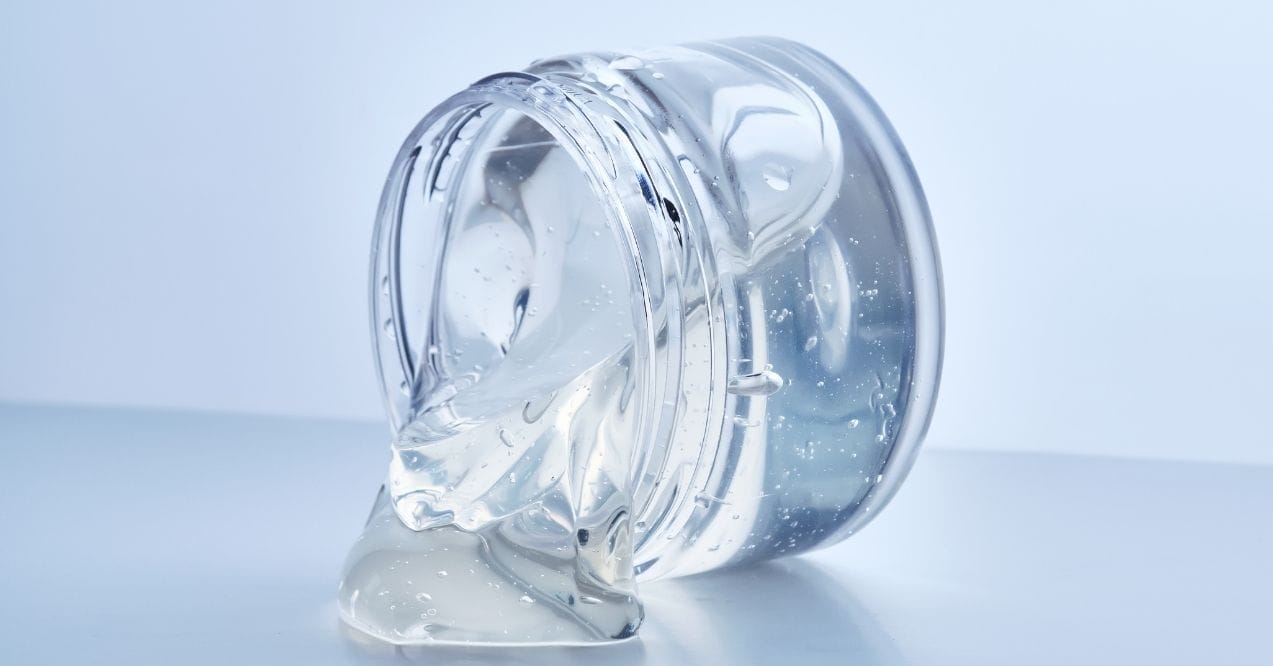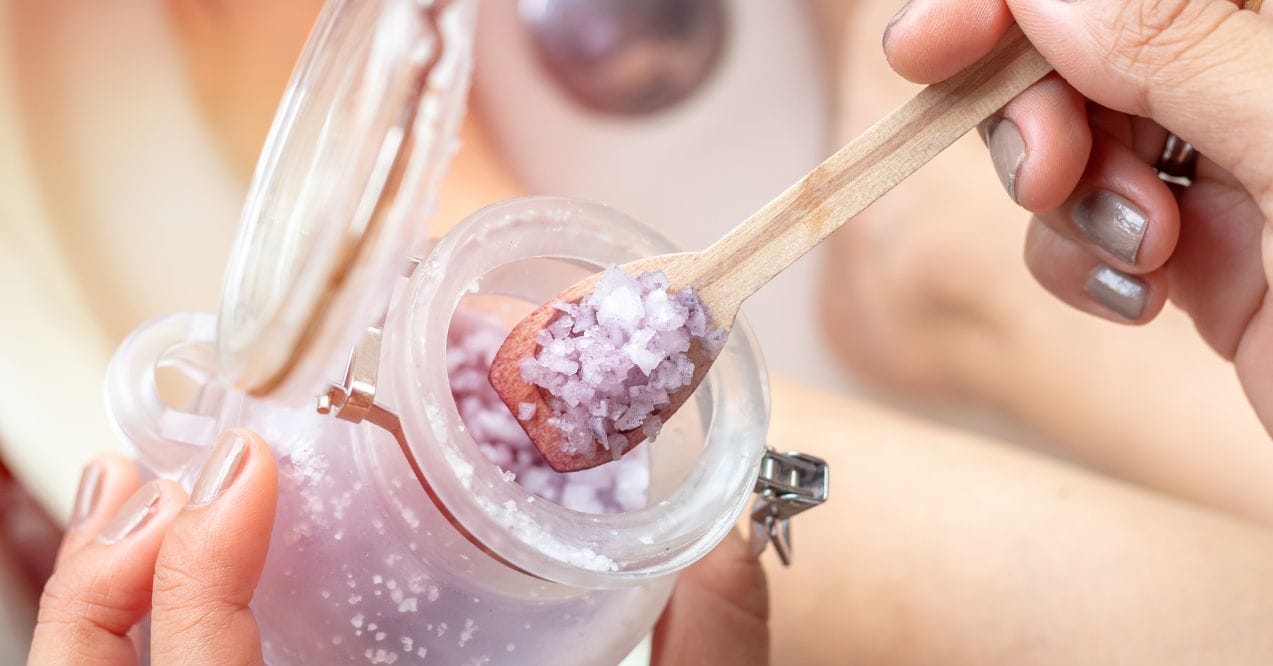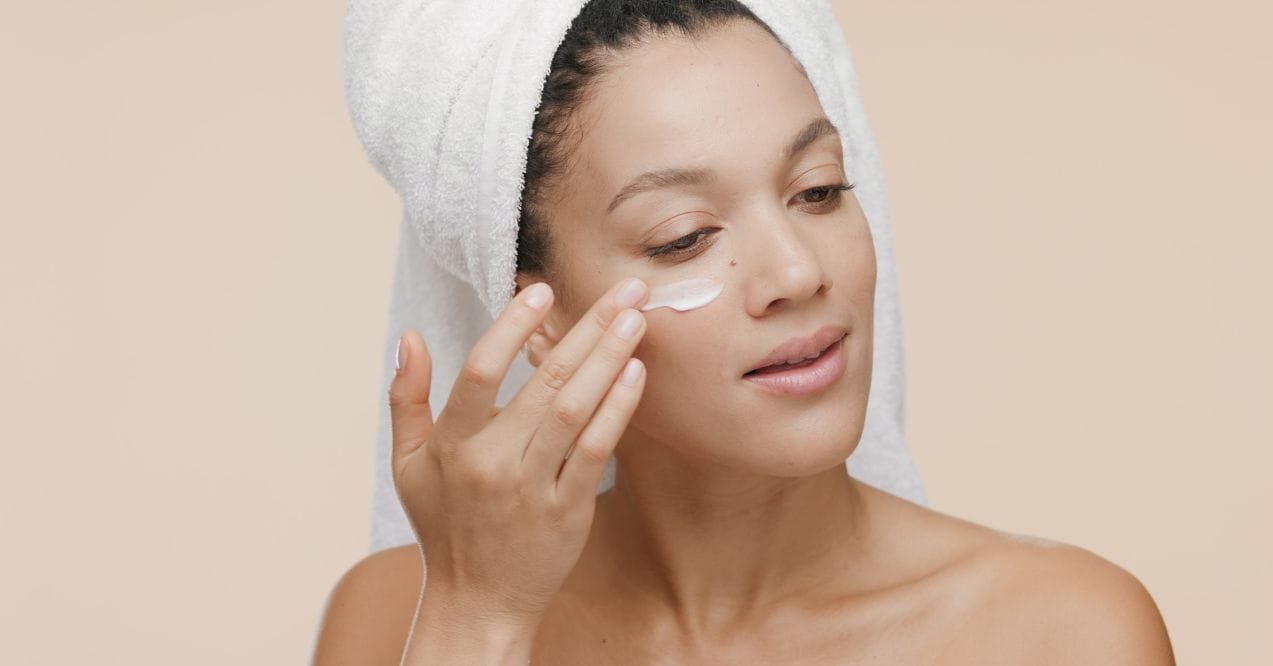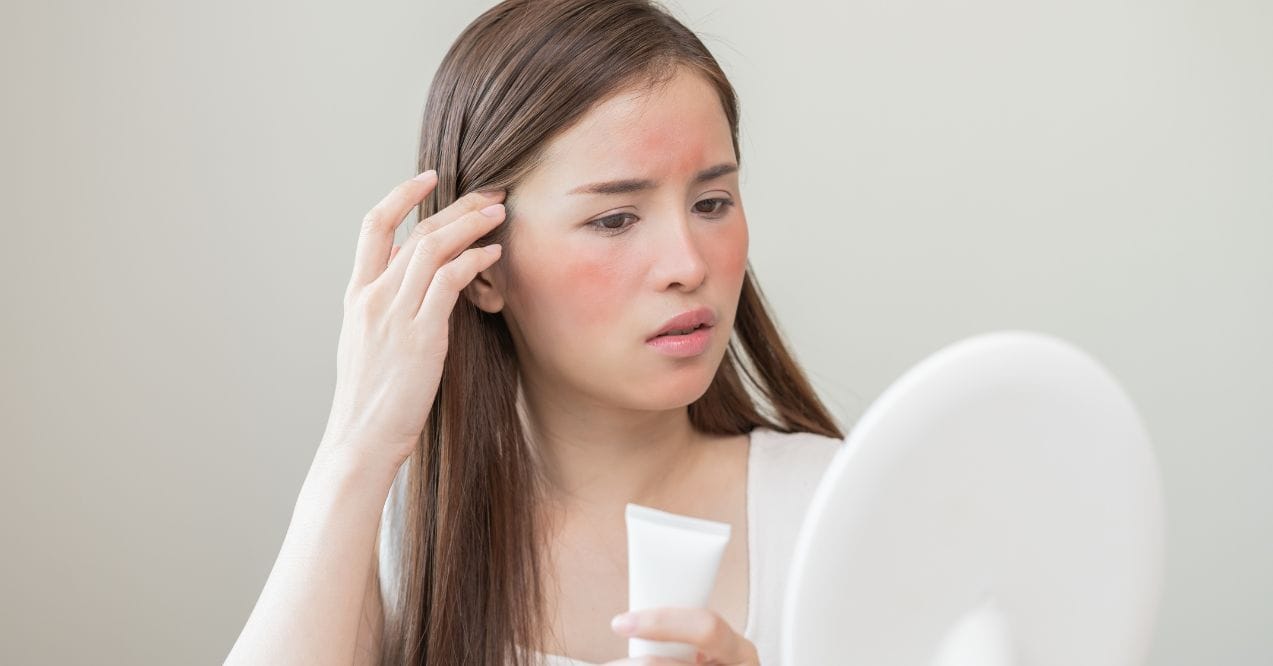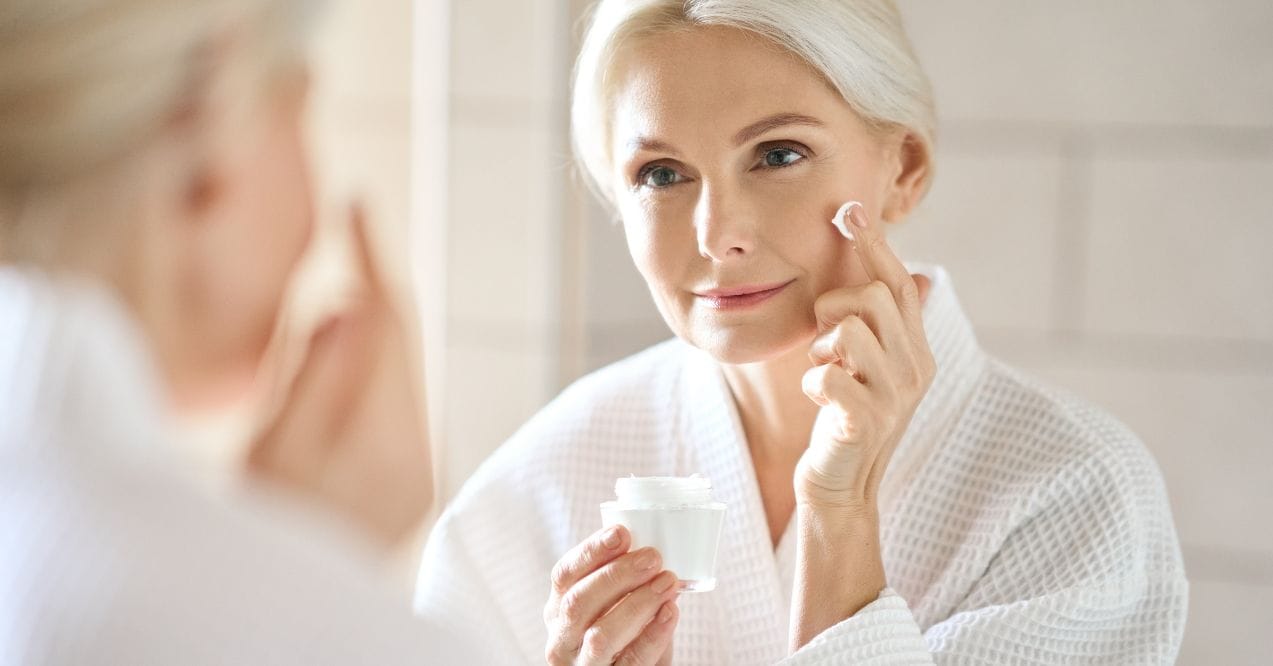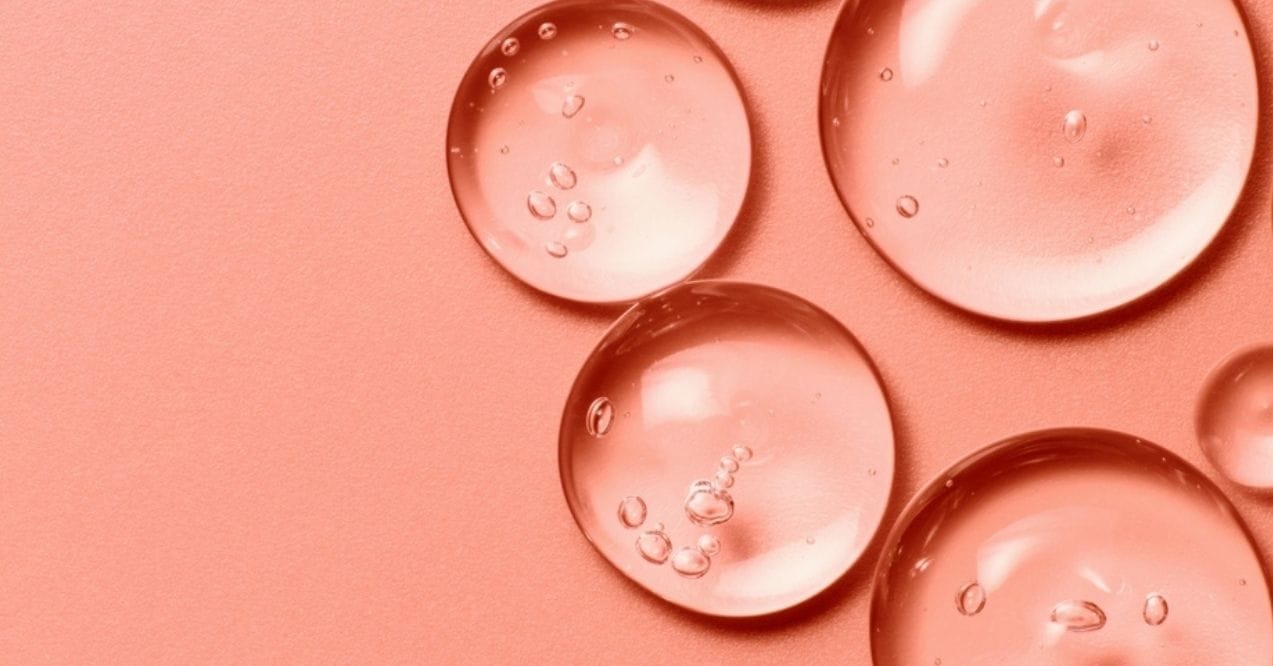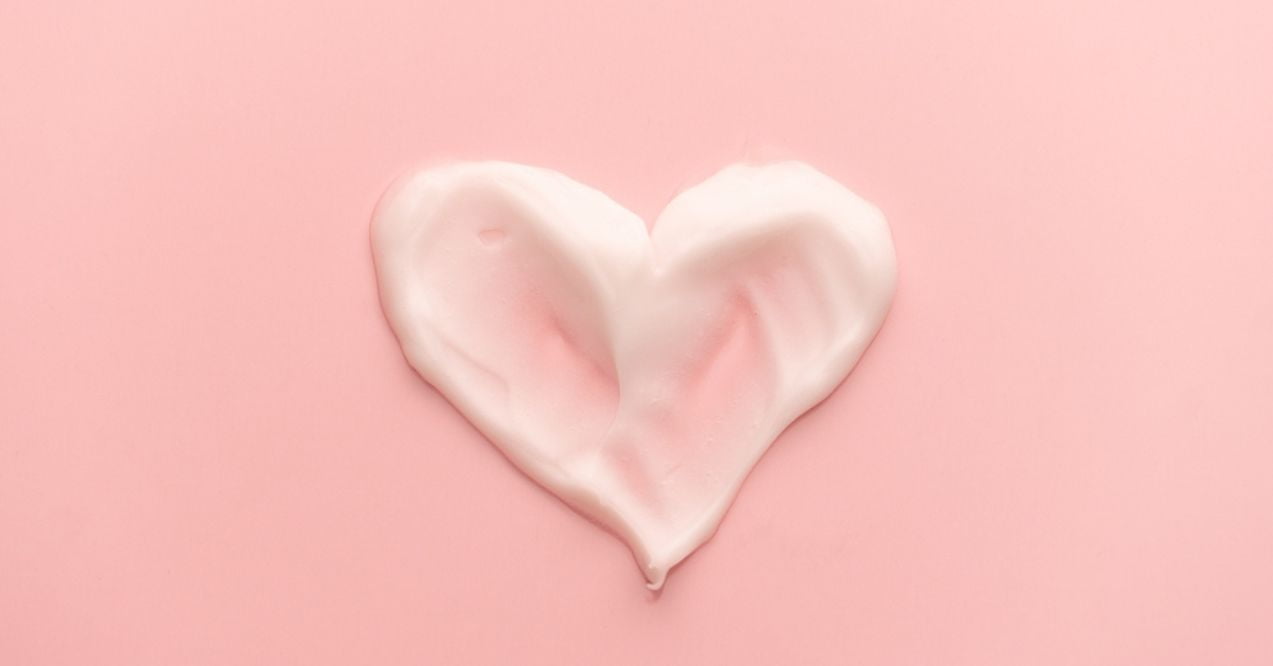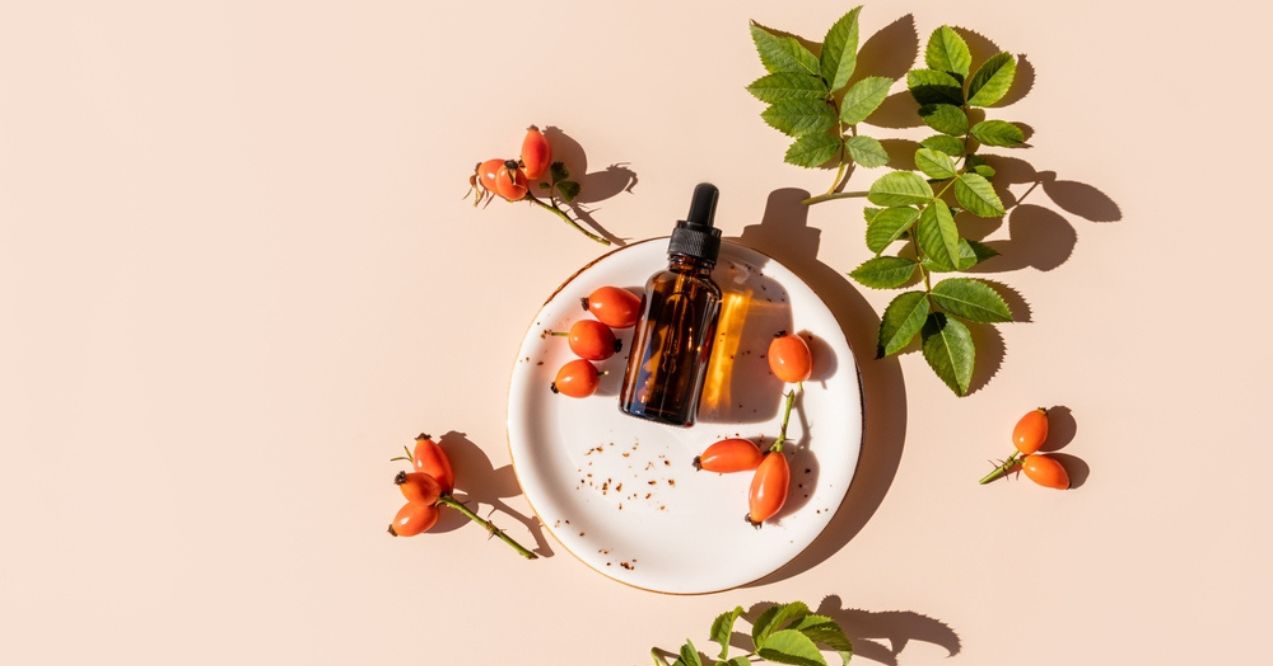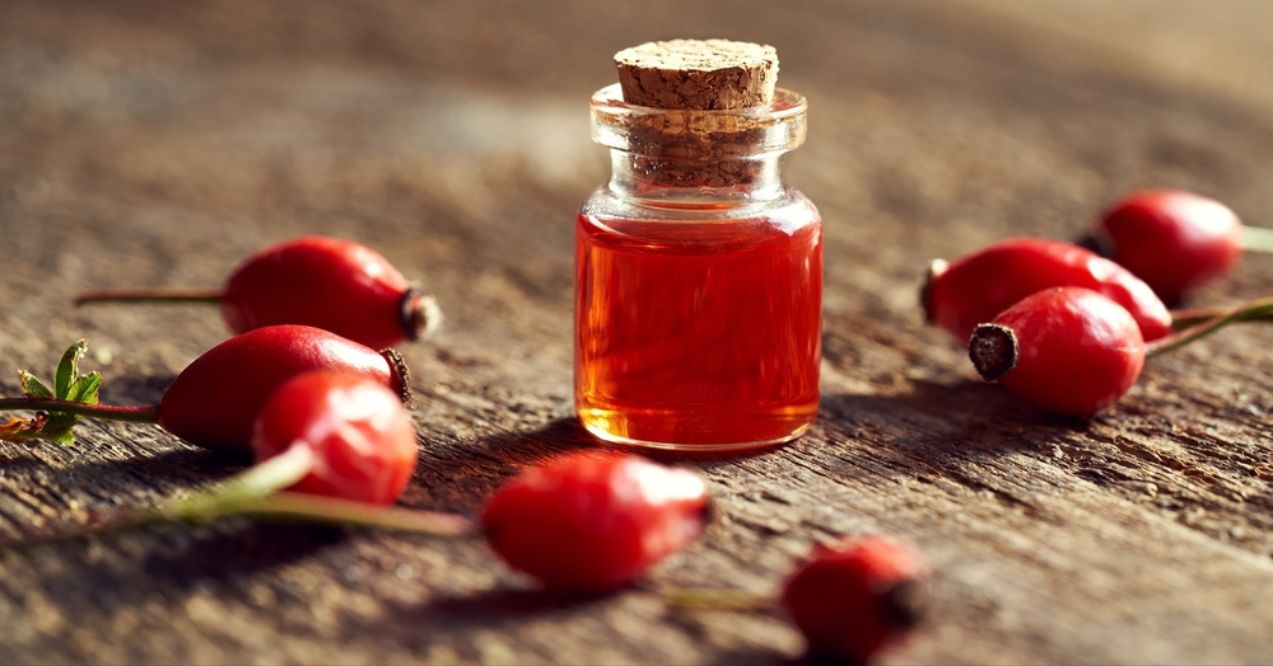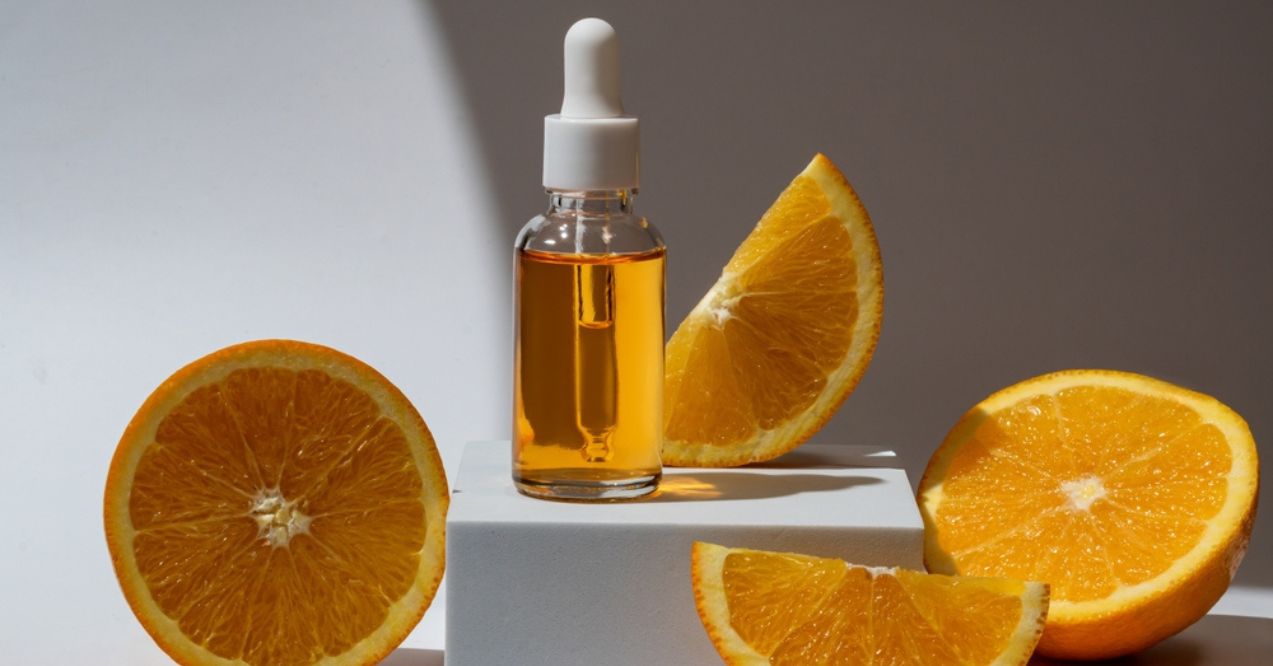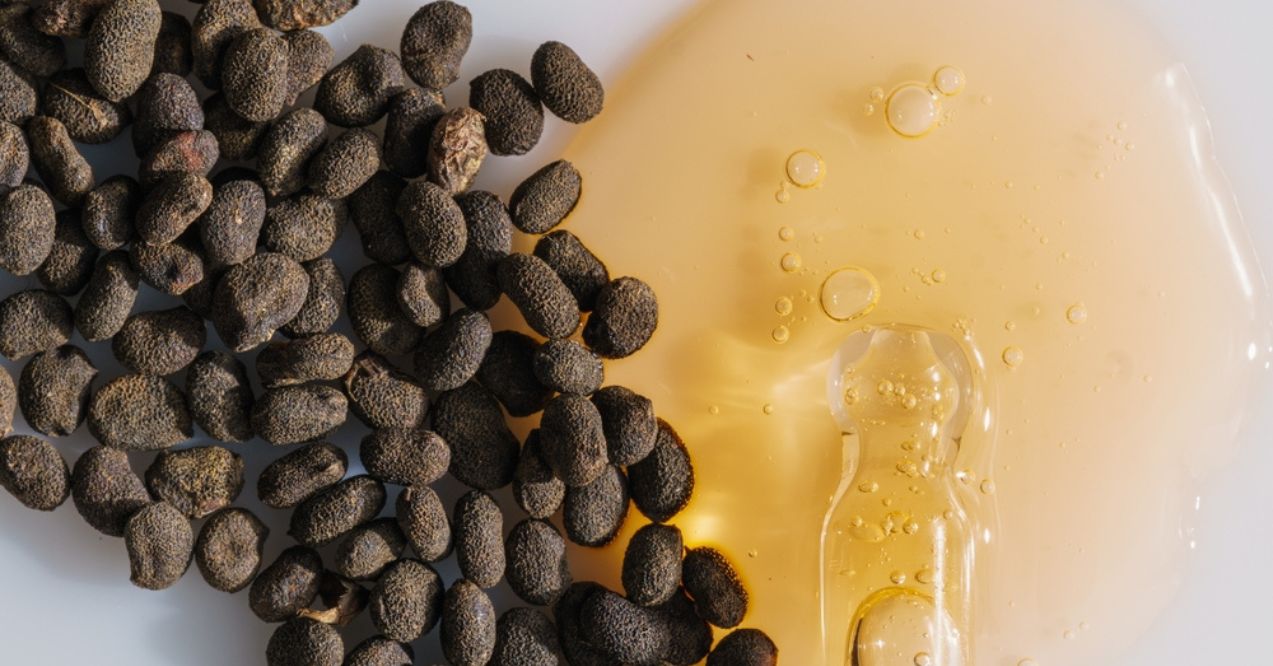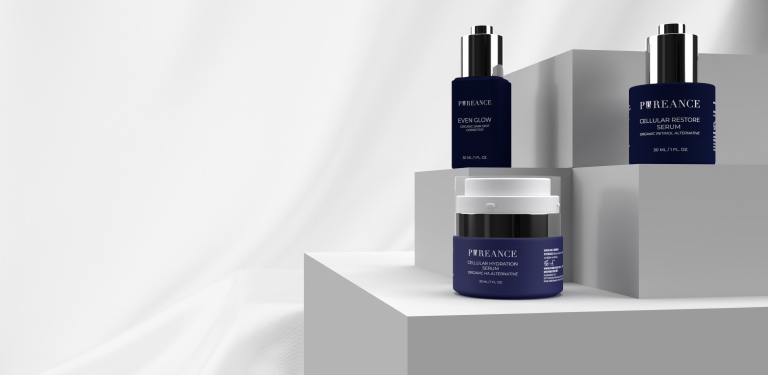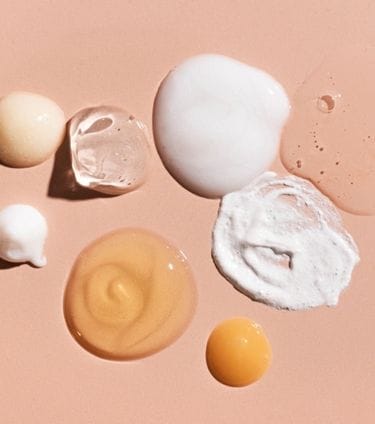
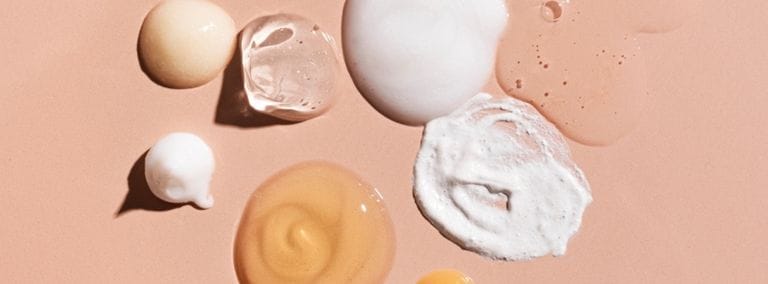

Are Parabens Bad for Your Skin?
Are parabens bad for your skin? With the rise of clean beauty and increasing attention to ingredient lists, this question has become a hot topic in the skincare world. Scanning beauty product labels, you’ve likely noticed “paraben-free” claims popping up more frequently. Let’s dive into what that actually means for your skin and your beauty routine.
Key Article Findings
- Parabens serve as preservatives in many personal care items to maintain product freshness.
- Natural alternatives exist but may impact product shelf life and price.
- Reading labels and patch testing new products helps you make informed skincare choices.
What Are Parabens and What Products Often Have Them?
Parabens in beauty products serve as preservatives that maintain product integrity and safety. These synthetic ingredients create an invisible shield against harmful microorganisms that could potentially grow in your favorite beauty items. Think of them as tiny guardians that keep your products fresh and safe to use month after month.
You’ll find these preservatives in:
- Daily moisturizers and face creams
- Sunscreens and body lotions
- Makeup products like foundations and concealers
- Hair care items including shampoos and conditioners
- Deodorants and body sprays
Spotting parabens on labels might seem tricky at first, but they’re actually quite easy to identify. Look for these common names:
- Methylparaben
- Butylparaben
- Propylparaben
- Ethylparaben
- Isobutylparaben
- Isopropylparaben
Why Are Parabens Bad for Your Skin?
So, why are parabens bad? While they excel at keeping products fresh, some research has raised questions about their effects on skin health. Let’s explore specific concerns that have made many people think twice about these common preservatives.
1. Parabens Might Cause Skin Irritation
Can parabens cause skin irritation? For some individuals, the answer is yes. Signs of irritation might include:
- Unexpected dryness in typically normal skin
- Redness or uneven skin tone
- A feeling of tightness or discomfort
- Subtle changes in skin texture
Not everyone experiences these reactions, but being aware of how your skin responds to different products helps you make informed choices. If you notice any changes after using a new product, take note of the ingredients list.
2. Parabens May Cause Allergic Reaction
A paraben allergic reaction might manifest in various ways. While rare, some people experience:
- Mild itching or tingling sensations
- Redness that appears shortly after product application
- Small bumps or texture changes
- General skin discomfort
These reactions often signal that your skin might prefer paraben-free alternatives. Always perform a patch test with new products – apply a small amount on your inner arm and monitor the area for 24 hours before applying to your face or larger body areas.
3. Parabens May Have Long-Term Risks
Are parabens harmful over extended periods? While direct evidence remains limited, some experts point to potential cumulative effects from regular exposure. Using multiple products containing parabens daily might lead to:
- Gradual changes in skin sensitivity
- Subtle alterations in how your skin responds to products
- Potential impact on skin’s natural balance
The key here lies in understanding that everyone’s skin reacts differently, and what works perfectly for one person might not suit another.
4. Parabens’ Possible Link to Premature Aging
When it comes to aging and skin health, many women wonder about the long-term effects of their skincare choices. Some research suggests that regular paraben exposure might affect hormonal balance that might lead to worse:
- Skin‘s natural renewal process
- Surface-level resilience
- Elasticity maintenance
- Overall skin barrier function
While more studies continue to explore these connections, many opt for paraben-free products as a proactive approach to their skincare routine.
What Is the FDA’s Role in Regulating Parabens?
The FDA maintains specific guidelines about paraben use in personal care products. While they allow concentrations up to 25%, most products contain significantly lower amounts – typically less than 1%. Here’s what you should know:
- The FDA continuously monitors new research and findings
- Current regulations consider parabens safe within set limits
- Products must list all paraben types in their ingredients
- Different global regions have varying standards
Many European countries take a more conservative approach, limiting or banning certain paraben types. This global variation in regulation often leads consumers to question current safety standards and seek alternatives.
Are There Natural Alternatives to Parabens?
Natural alternatives to parabens have gained popularity as brands respond to consumer preferences. Several options help maintain product freshness:
- Vitamin E (Tocopherol)
- Citric acid
- Rosemary extract
- Grapefruit seed extract
These natural preservatives work differently than synthetic ones. While they might make products pricier or reduce shelf life, many find this trade-off worthwhile for peace of mind.
How to Choose the Best Skincare for Your Skin Type
What does paraben free mean for your skincare routine? It opens up new possibilities for gentler product options. When selecting skincare:
- Read ingredient lists carefully
- Start with one new product at a time
- Pay attention to how your skin responds
- Consider your skin type and specific needs
- Look for brands transparent about their preservative choices
Take time to introduce new products gradually. This helps you identify what works best for your unique skin needs and sensitivities.
Conclusion
Making informed decisions about skincare ingredients puts you in control of your beauty routine. In the end, are parabens bad for your skin? While parabens effectively preserve products, the growing availability of alternatives gives you more choices than ever before. Focus on what makes your skin look and feel its best, whether that includes paraben-free products or not.
As the beauty industry continues to evolve, we’ll likely see even more innovations in natural preservation systems. Until then, armed with this knowledge, you can make choices that help you achieve your best skin while maintaining peace of mind about the products you use.
Check the ingredients list for names ending in “-paraben”: methylparaben, propylparaben, butylparaben, ethylparaben, isopropylparaben, isobutylparaben, or benzylparaben. These synthetic preservatives appear clearly on product labels following FDA labeling requirements.
Products labeled “paraben-free” don’t contain synthetic paraben preservatives. Instead, they use alternative preservation systems like natural extracts, vitamins, or other compounds to maintain freshness. These alternatives keep products stable and safe while meeting clean beauty standards.
Some people report skin sensitivity with regular paraben exposure through multiple products. While reactions vary by individual, paying attention to how your skin responds over time helps determine if paraben-free options might work better for your routine.
Natural preservatives like rosemary extract, vitamin E, and citric acid maintain product freshness effectively. While they may require different formulation approaches and careful storage, these alternatives successfully protect products from contamination and spoilage.
Parabens offer reliable, cost-effective preservation that extends product shelf life. They’re stable in various formulations, work well across different pH levels, and have a long safety track record in cosmetics manufacturing.
This site offers health, wellness, fitness and nutritional information and is designed for educational purposes only. You should not rely on this information as a substitute for, nor does it replace, professional medical advice, diagnosis, or treatment. If you have any concerns or questions about your health, you should always consult with a physician or other health-care professional. Do not disregard, avoid or delay obtaining medical or health related advice from your health-care professional because of something you may have read on this site. The use of any information provided on this site is solely at your own risk.
Nothing stated or posted on this site or available through any services are intended to be, and must not be taken to be, the practice of medical or counseling care. For purposes of this agreement, the practice of medicine and counseling includes, without limitation, psychiatry, psychology, psychotherapy, or providing health care treatment, instructions, diagnosis, prognosis or advice.
